Thermodyne Engineering Systems
Turnkey Solution for Steam Power Plant and Process Industry
Thermodyne have a fully equipped process industry experts team to provide you with turn-key solutions for project work, right from conception to commissioning stage related to boilers.
Our experts work in consultation with the client to understand their requirements and then devise a complete work-plan to ensure complete and timely execution. We can provide dual advantage of single point responsibility and valuable inputs from our experience in the industry.
Your queries for projects related to design, manufacture, supply, installation, testing & commissioning of Steam boilers and other process industry products of our range are welcome.
With us, you can be sure of quality work, committed delivery & completion to your utmost satisfaction.
Contact our experts and discuss your steam process industry related projects.
Steam Power Plants and Process Industry FAQ
A thermal power plant is a type of power plant that generates electricity by burning fuel to heat water and create steam. The steam then turns a turbine, which generates electricity.
A boiler is a device that uses heat to convert water into steam. In a thermal power plant, the boiler is heated by burning fuel, such as coal, oil, or natural gas. The steam produced by the boiler is then used to turn a turbine, which generates electricity.
A thermal power plant project is a plan to build a thermal power plant. The project will include the construction of the plant, as well as the installation of the equipment and the commissioning of the plant.
A diagram of a thermal power plant shows the different components of the plant and how they work together. The diagram can be used to understand how the plant generates electricity.
A thermal power plant working pdf is a document that provides a detailed explanation of how a thermal power plant works. The pdf can be used to learn more about the plant and how it generates electricity.
Electrical engineering is the branch of engineering that deals with the generation, transmission, and distribution of electricity. In thermal power plants, electrical engineers are responsible for designing, installing, and maintaining the electrical systems.
The challenges of operating a thermal power plant include ensuring that the plant is running efficiently, that the emissions are kept to a minimum, and that the plant is safe to operate.
The benefits of using thermal power plants include the fact that they are a reliable source of electricity, that they are relatively inexpensive to operate, and that they can be built in a variety of locations.
The drawbacks of using thermal power plants include the fact that they emit pollutants into the atmosphere, that they can be a fire hazard, and that they can be a security risk.
The future of thermal power plants is uncertain. Some experts believe that thermal power plants will eventually be replaced by renewable energy sources, such as solar and wind power. Others believe that thermal power plants will continue to be used for many years to come.

